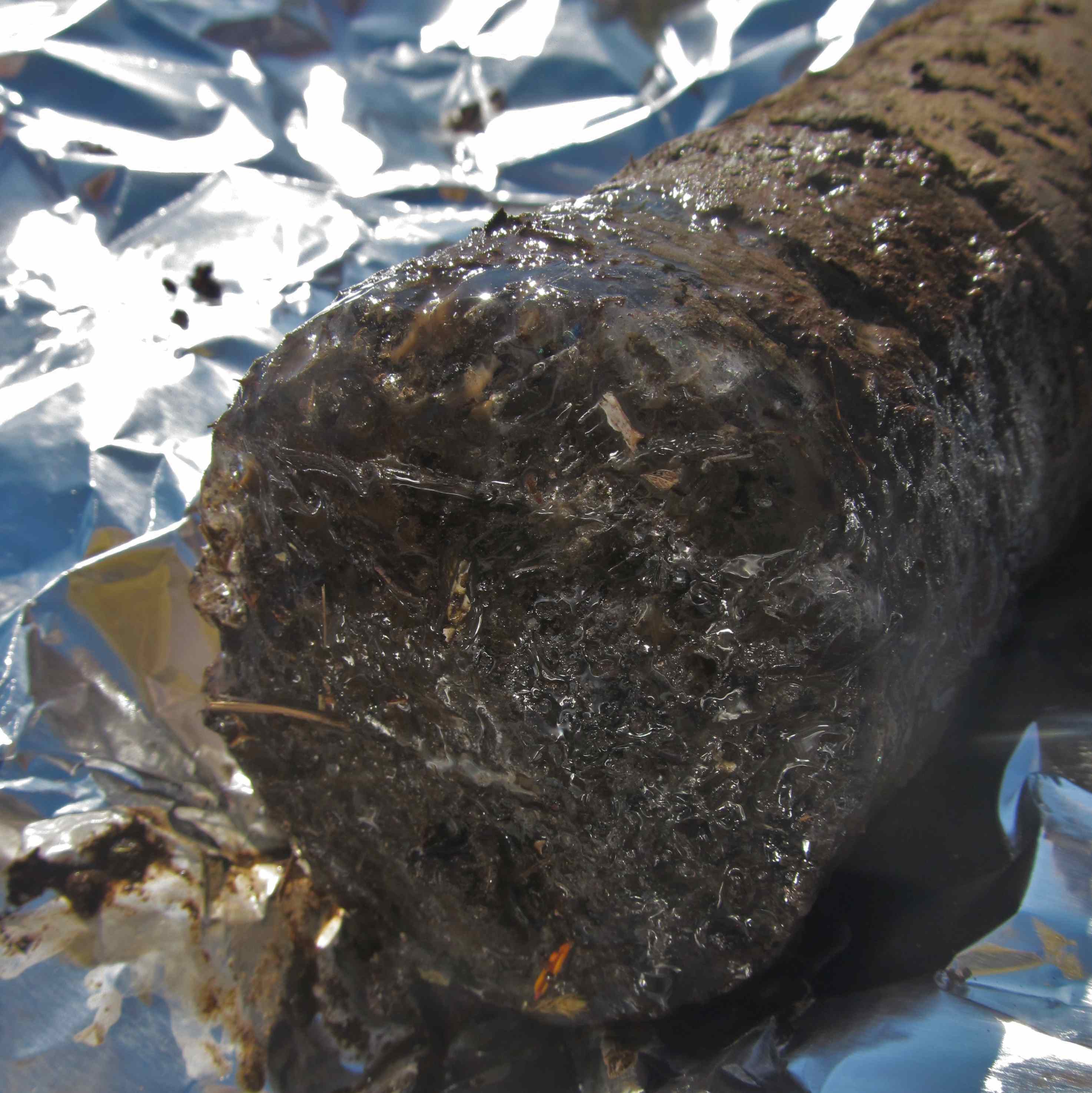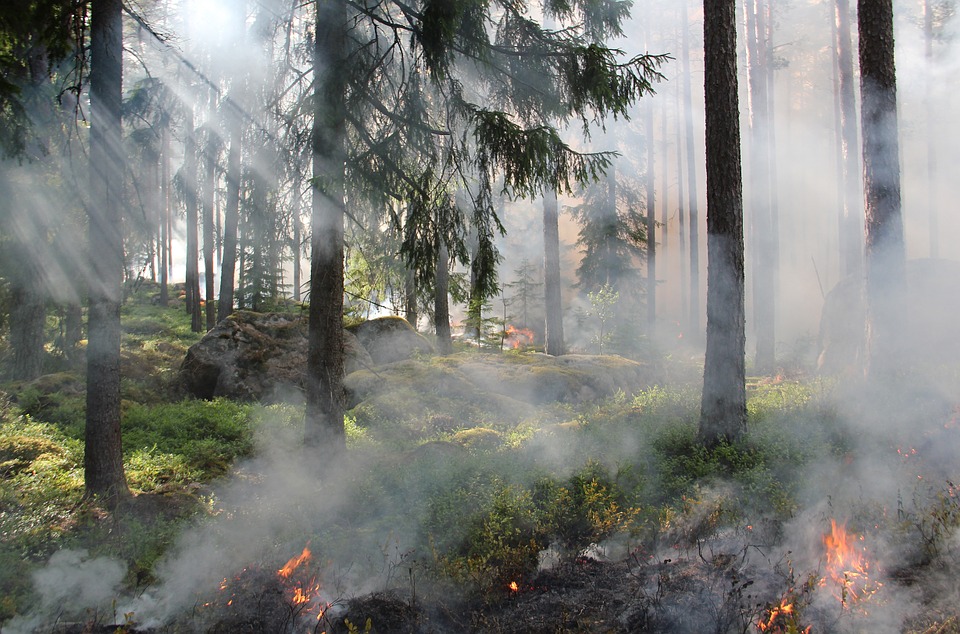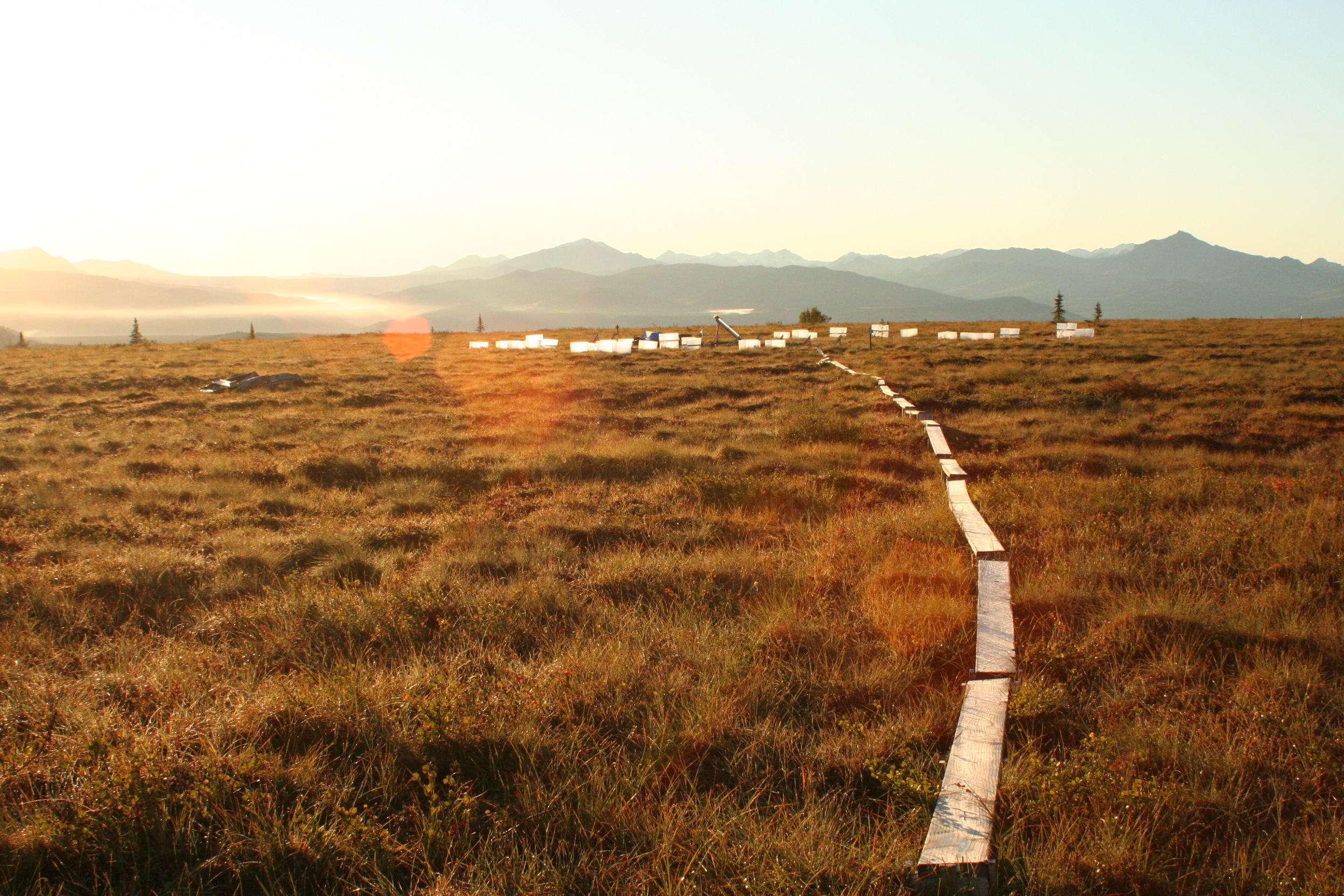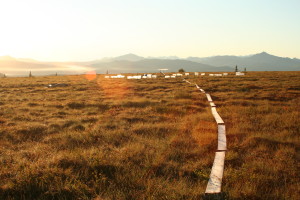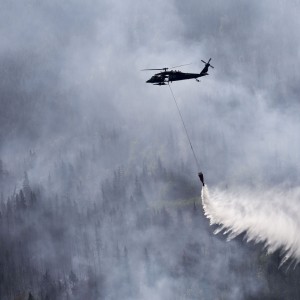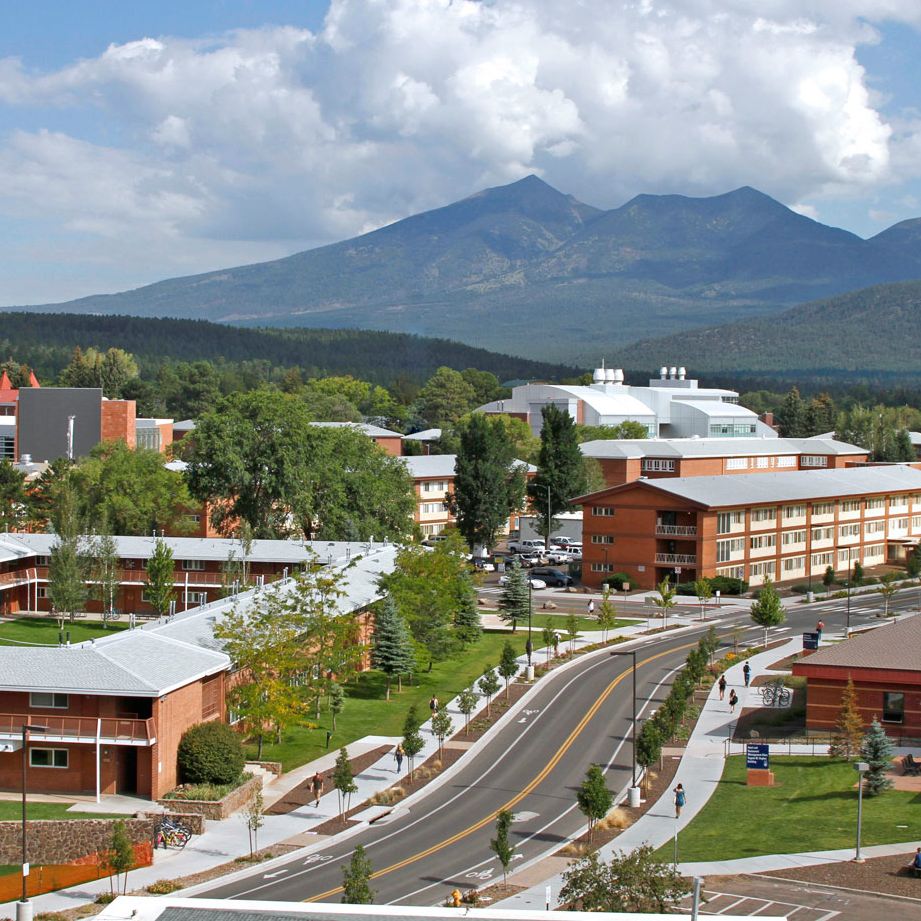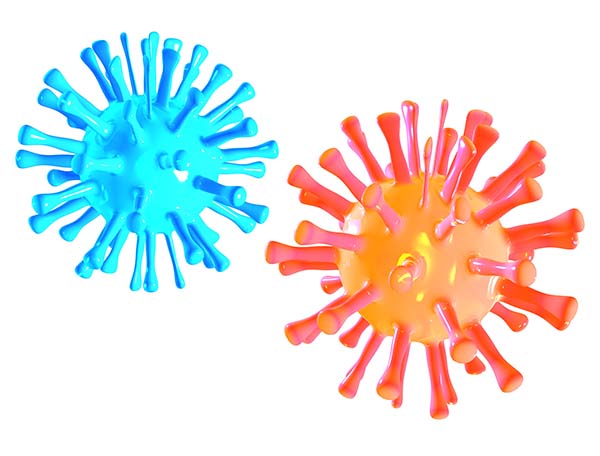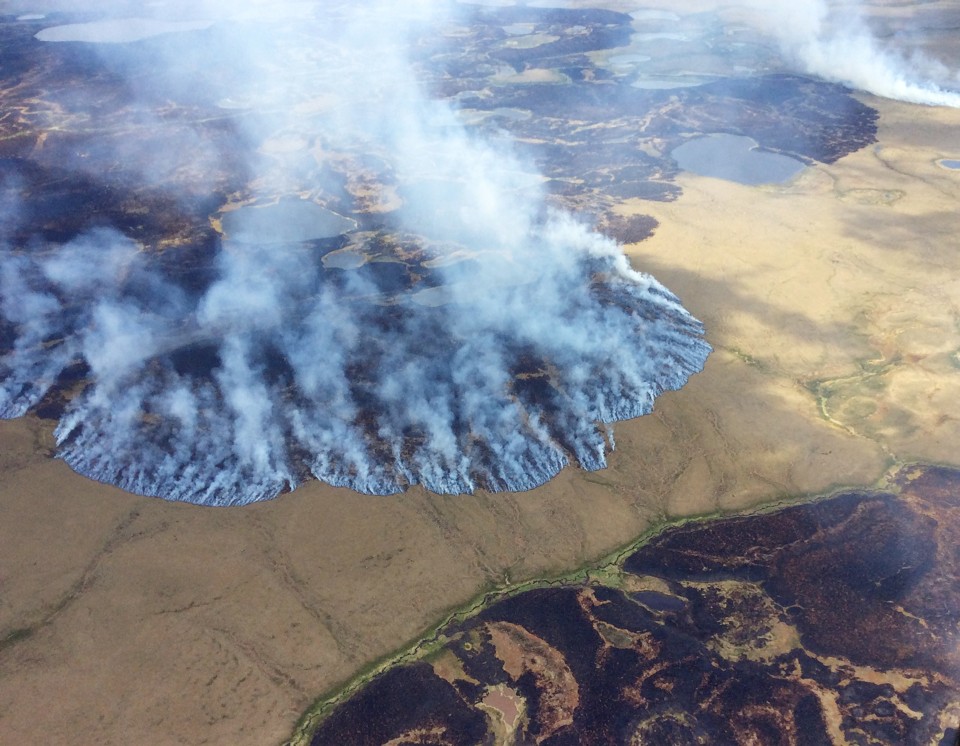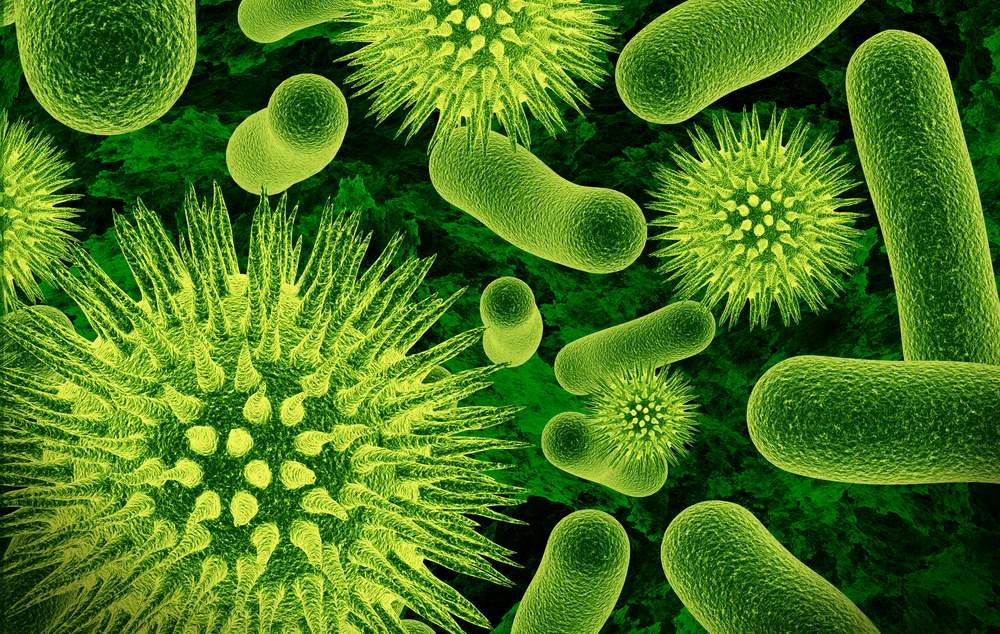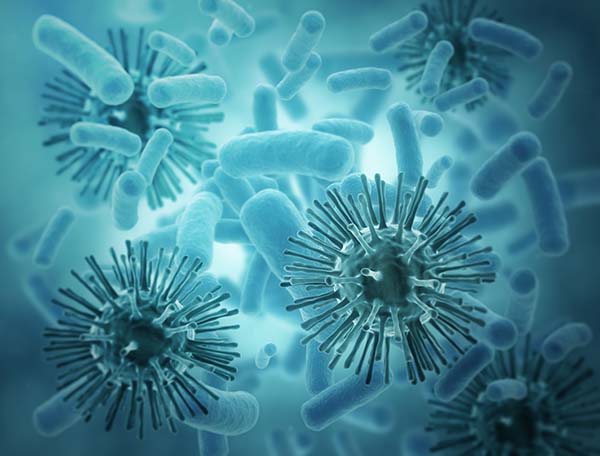Soil Microbial Ecology
Soil microorganisms are biogeochemical forces of global significance. They affect nutrient availability to plants, the amount of carbon stored in soils, and the evolution of the atmosphere over geologic time. The research we conduct in Ecoss examines many aspects of soil microbial ecology. Metabolic Flux Analysis of Soil Microbial Communities […]
